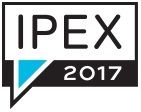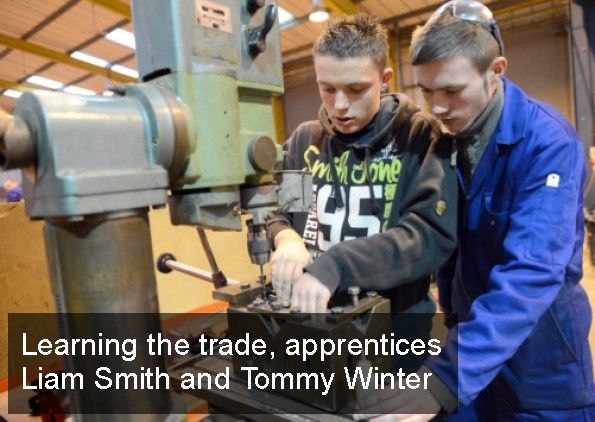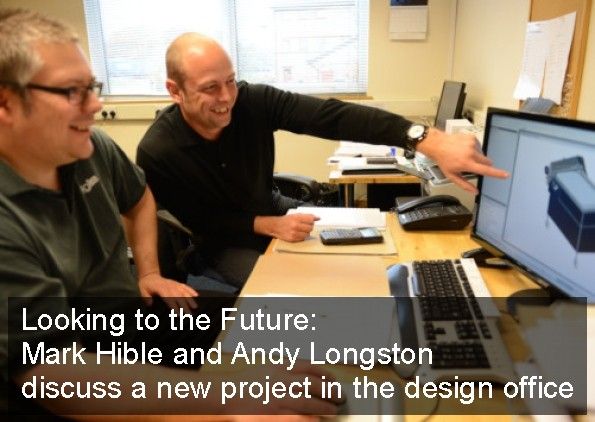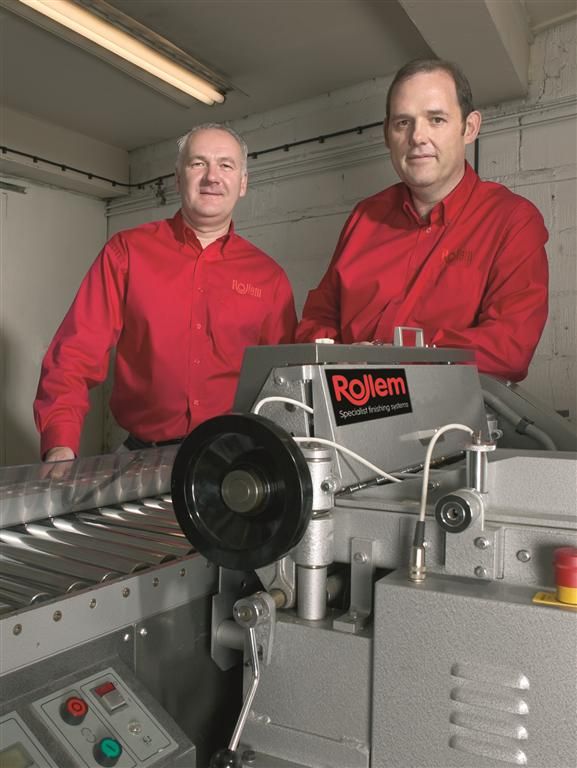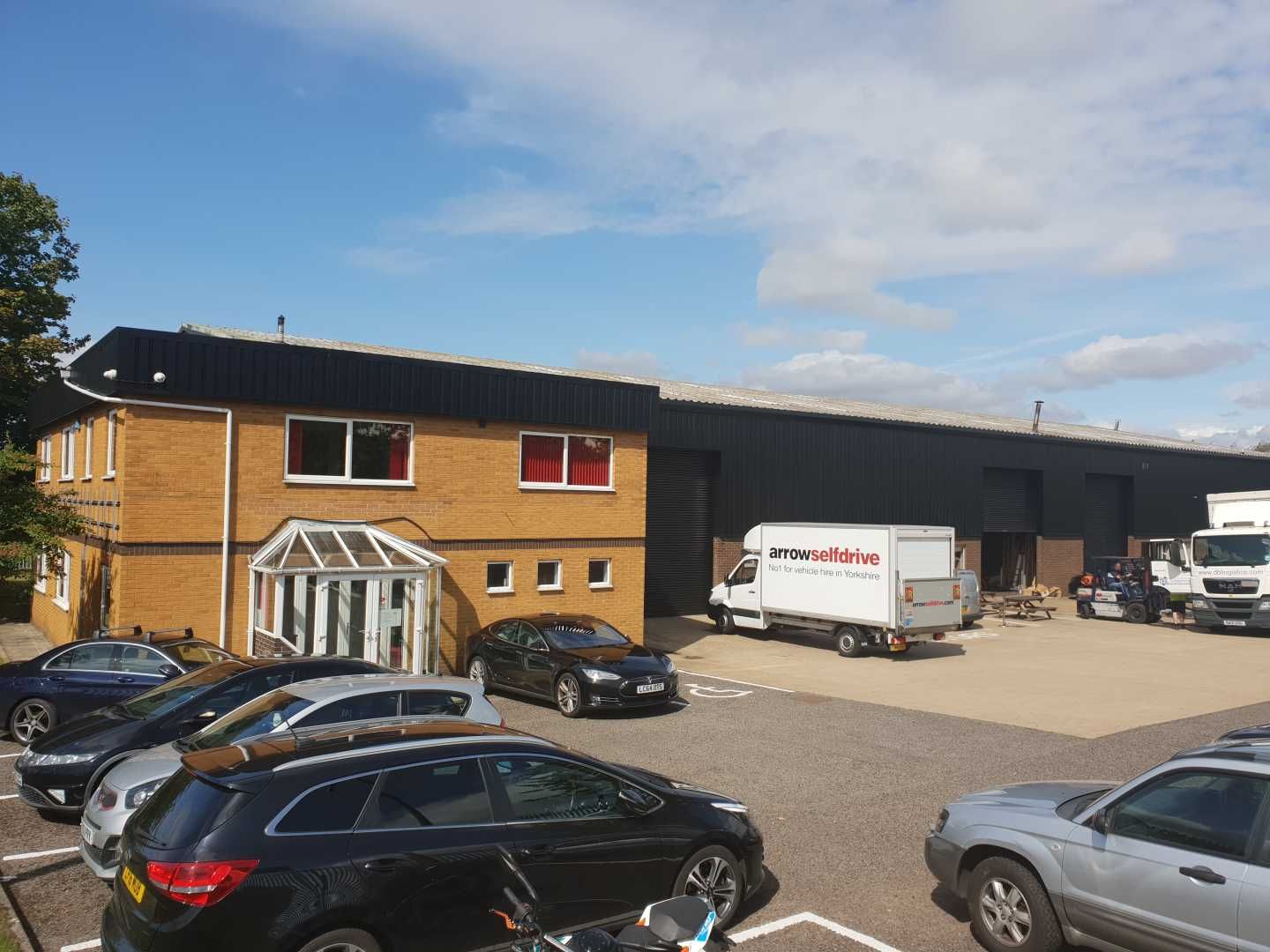From decks of cards to communion wafers and Pokemon cards to plant pots – there’s plenty of business for Tankersley-based Rollem to do.
Rollem specialises in equipment for the finishing end of the print industry, slitting, perforating, punching and collating what comes off the presses and digital printing machines.
Nine out of every ten playing cards used in Las Vegas casinos will have been cut, had their corners rounded and been sorted into decks on machines made by Rollem which produce a full deck every 1.5 seconds.
Every ‘legal’ Pokemon card, all Monopoly’s Community Chest and Chance cards, Trivial Pursuit cards, Panini football trading cards and most of the Top Trumps decks will have been processed on Rollem equipment, too.
But it doesn’t end there, for the company is currently seeing increasing orders coming from companies in the burgeoning photobook, personalised calendar, post card and greeting card market.
Quality and accuracy, combined with technology and providing tailor-made solutions to customers’ problems have been the key to Rollem’s success.
“We like to build very robust, very reliable equipment,” says director and co-owner of the business Colin Pears.
“It has the advantage that we can send our machines around the world without it going wrong. The downside is that you won’t need to replace one of our machines after a few years.”
Half of the Rollem machines around the world are 40 years old and the company can also point to one of its machines that has been producing post cards in Finland every day for the last three years without missing a beat.
“Our machines are very, very popular for trading cards in Japan because of the quality of the cut and the fact that our machines won’t scratch or mark the cards. Japan simply won’t accept scratches,” adds managing director and co-owner Stuart Murphy.
Accuracy is just as important and the computerised electronic alignment innovations Rollem has introduced are particularly popular in the digital print market where the registration – or alignment – provided by the presses is not as good as that offered by traditional equipment.
Rollem’s innovations mean that its equipment will cut and perforate in the right place time after time even if the image has wandered slightly in the page and isn’t always the same distance from the edge.
Rollem’s technology makes it easy for companies to print different jobs of different sizes for different customers on the same sheet, reducing wastage, while ensuring one customer’s job does not get mixed up with another’s.
The Tankersley firm has also responded to a culture change in the printing industry, which has seen the arrival of the “Mac Jockey” – graphics designers who handle their own printing and expect everything to be controlled by computer.
“Ten years ago, all the machines needed a traditional guy with spanners to adjust and maintain them, but now people have come from the other end of the business and they don’t expect to have to adjust a cutting blade by hand before running a new job,” says Stuart Murphy.
“We are completely customer led. We have always got customers saying they want this or that and we solve their problems.”
That’s why, although Rollem has a range of machines with specific capabilities, no two machines will be the same and it is also why Rollem isn’t too bothered about hedging its innovations with patents.
“Patents are an odd animal,” says Stuart Murphy.
“They require a lot of administration to put together and there are huge costs if you end up fighting an action in court. They are a nice marketing tool, they add credibility and there is some protection because they can put an imitator off.
“There is a company in Shanghai that copied our machines. They tried very hard to sell them, but they didn’t succeed. They weren’t good at providing pre-sale engineering knowledge and after sales hand-holding.
“Anyway, by the time someone copies one of our systems, we are making something else.
“It’s not competition that is our problem, it is getting cost effective, realistic solutions to the problems customers are facing.”
It has also established a relationship with one well-known digital printing equipment manufacturer that now offers Rollem products as add-ons to one of its ranges.
“We know where the market is going, what our customers are asking for and how to make the solutions work. Our problem is marketing. We are a small company that exports 95 per cent of what it makes, but how do we get to the point where we can get our name in front of the eyes of any print company, anywhere in the world that is saying: Wouldn’t it be nice to have a machine to do this or that?”
Needless to say, with a company like Rollem, it’s a problem that they are already well on the way to addressing.

